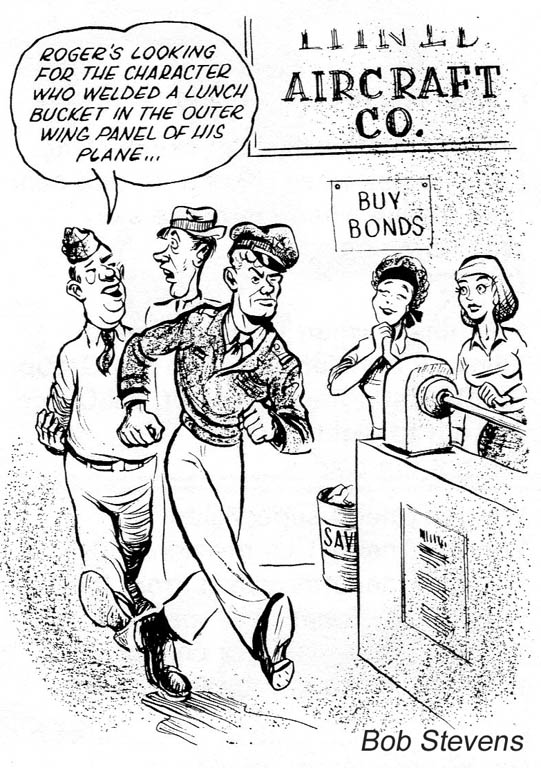Bill Watson
En-Route
Smells like some corporate culture issues in the Boeing organization.
Claims of Shoddy Production Draw Scrutiny to a Second Boeing Jet https://nyti.ms/2KUz0Th?smid=nytcore-ios-share
Sent from my iPad using Tapatalk Pro
Claims of Shoddy Production Draw Scrutiny to a Second Boeing Jet https://nyti.ms/2KUz0Th?smid=nytcore-ios-share
Sent from my iPad using Tapatalk Pro


